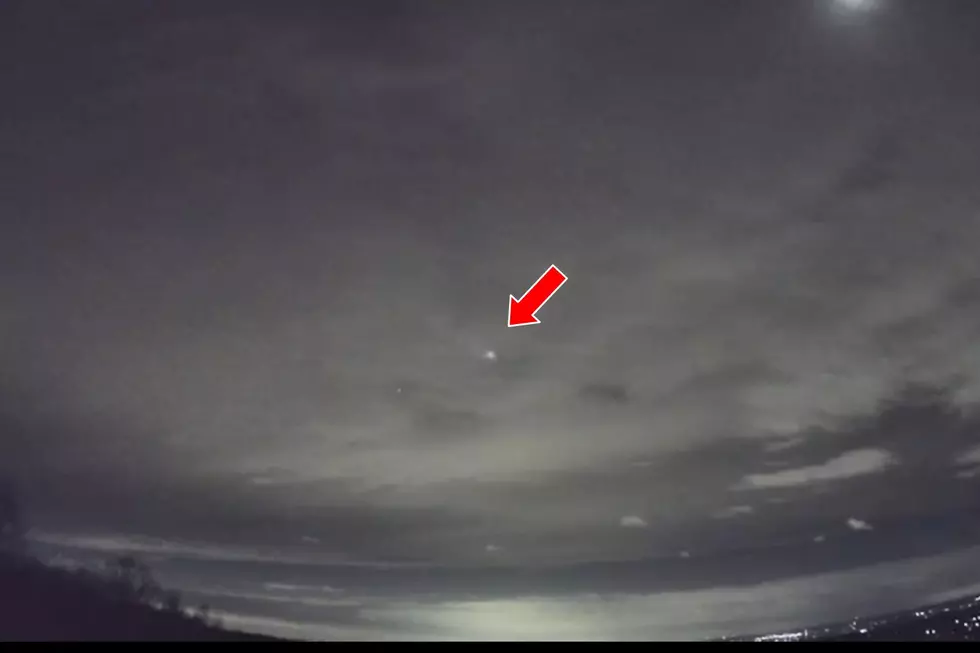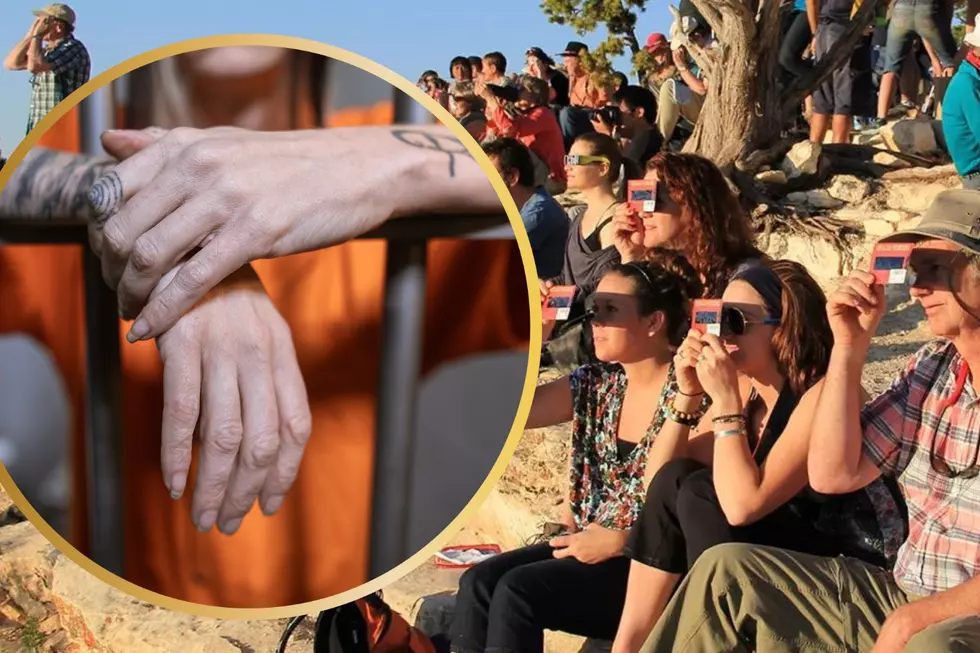
Would you eat a bug? Crickets, larvae, tripe help NJ college students taste ‘tree of life’
EWING — On a normal Tuesday at The College of New Jersey, senior Alyssa Freitas said like many of her fellow students, her regular lunch would be a ham and cheese sandwich. Throwing caution to the wind, Freitas traded that in for a cheddar cheese flavored insect larvae and other unique treats as part of an event promoting biodiversity.
The event, called "Tasting the Tree of Life," was planned for several months by the science department at the school and the food service providers to give students and staff the chance to try nearly 150 different items they may not otherwise see on the regular menu.
Dean Jeffrey Osborn, who tried a cricket at the urging of his students, said the event was a big success as students came together for a unique experience.
"Our goal for the meal broadly is to bring the importance, the impact, and the excitement of science to the TCNJ community," he said.
Story continues below video
While there are many areas of science to focus on at the school, Osborn said biodiversity may not get the attention of some other fields.
"We want people to understand the diversity of living organisms that are on the planet," he said. "Just like you have a family tree, all living things are related to each other by this tree of life. So we want to create a meal that is as diverse a menu of items as possible."
For students like Aleena Andrews, the event was a chance to conquer fears.
"I saw that there was crazy food and I wanted to try it," she said. The Egg Harbor native said even with a fear of frogs, she ate frog legs, as well as alligator sausage, jackfruit, and starfruit. Having lunch with her friends, Aleena said they had their cameras ready. "They recorded it so that they could have proof if I threw up," she said with a laugh.
More mundane foods like cumin roasted lamb, herb roasted potatoes, and curry roasted vegetables may not be as culinarily exciting as things like crickets, snapper soup, and alligator sausage, but Deval Jhaberi said the message is the same.
Jaberi said while people have developed better foods they want to eat, they have also contributed to the destruction of other kinds of foods, like the potato famine in Ireland.
"That's why we're trying to promote how humans have done good stuff for artificial selection, but there have also been misfortunes. We don't eat all the biodiversity that's available. We don't eat them because it's not the common norm."
By dinner time the dining hall would be back to its usual choices, but biology professor Wendy Clement said she hoped the students would remember the experience and use it in their food selections going forward.
"Some of our idea is to help students see that each of the ingredients on their plate has a life of its own and its own evolutionary story," she said. "We're trying to get students to talk about balancing your diet in terms of protein, and fats, and carbs, but this is just a fun way to think about balancing your diet based on biodiversity."
More From New Jersey 101.5
Contact reporter Adam Hochron at 609-359-5326 or Adam.Hochron@townsquaremedia.com
More From New Jersey 101.5 FM









